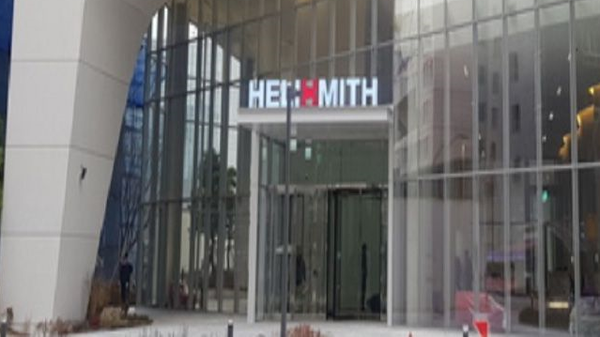Helixmith said Wednesday that it has submitted a phase 3-3 extension study protocol of its gene therapy Engensis (VM202) for diabetic peripheral neuropathy (DPN), to the U.S. Food and Drug Administration.
The company set a one-year follow-up period to confirm the pain reduction and safety of VM202 in treating DPN. DPN is one of the most common complications of diabetic diseases. About 30 million Americans have diabetes, and 28.5 percent of them develop DPN. Among the DPN patients, 40 to 50 percent experience painful symptoms.

The study's primary endpoint is the average pain reduction effect measured and recorded in the pain diary over the last week of the sixth month from the first injection.
The study will be carried out with patients who had not taken Gabapentinoids, such as Pregabalin and Gabapentine, in 15 research laboratories across the U.S., including Northwestern University in Chicago.
"Existing painkillers for DPN patients are not a fundamental treatment for the disease as they only relieved pain while often accompanying serious side effects and high addiction," Helixmith CEO Kim Sun-young said. "We will try our best for the success of phase 3-3 clinical trials as well as the ongoing phase 3-2 study."
FDA recognized the clinical results of Engennsis and designated it as an advanced regenerative medicine advanced therapy (RMAT) in 2018, the company said. RMAT is a new system designed to speed up the development and approval of innovative regenerative therapies. It gives special privileges of the U.S. fast track and priority or accelerated screening.

